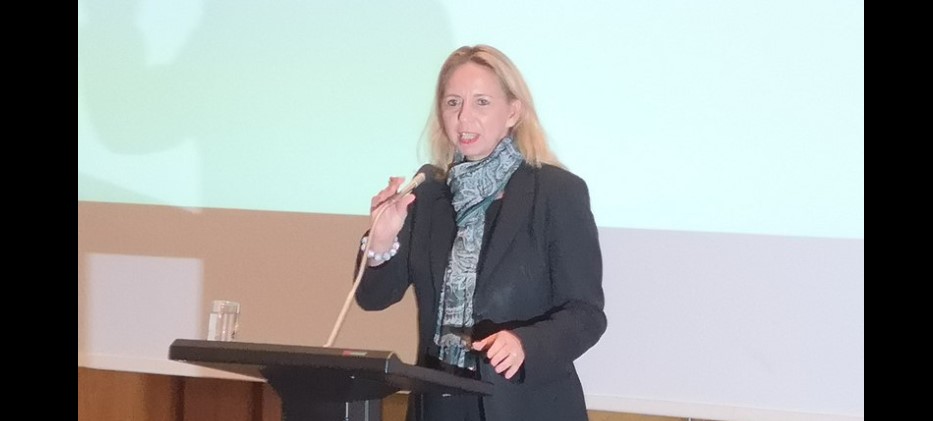Slowik on Thursday told the news agency dpa, that there were individual cases of police officers who were responsible for “right-motivated” crimes.
The chief of police said she worried about the political development of policemen in “difficult neighbourhoods” of Berlin, which leads to problematic opinions.
“For example, in certain parts of the city, where the police are constantly confronted with the same problems as disrespect, resistance,” said Slowik. This could develop a certain attitude, she claimed. Slowik was alluding to immigrant areas in the capital city.
“That shapes when you’re there for years. That can not be absent. And that then gives a certain distorted picture of reality, because one experiences this everyday. ”
On the other hand, there should be training and further education: “This serves to promote intercultural competence and stress management. We will also investigate and evaluate this again.”
On the other hand, a pilot project will be started with so-called supervisors. This could include discussions with external psychologists, said Slowik.
In addition, there may also be a stronger rotation of police officers: “So that some police officers are not exposed to very stressful and difficult situations for a very, very long time and get a certain character.”
Already on Wednesday, the Union of Police (GdP) had suggested that policemen be more politically educated. Educating officers could counter sympathies for right-wing extremist or right-wing populist currents within the police, the deputy GdP chairman Jörg Radek told regional daily the Rheinische Post.
The aim is to work together with the Federal Agency for Civic Education, among other things, and to recruit social workers.
The Berlin Greens recently demanded a study into whether there were any right-wing extremist attitudes or aspirations in the police, and what the reasons could be. The CDU politician Friedrich Merz had triggered a debate a few weeks ago and warned against losing parts of the Bundeswehr and the Federal Police to the AfD.
But the criminologist Dorothee Dienstbühl has accused authorities of having all but abandoned the fight against immigrant clan crime in Germany. “For too long a political climate has prevailed over the fear of establishing ethnic and name-related connections to the crime committed and thus exposing themselves to the charge of discrimination,” she wrote in an article for the daily Tagesspiegel.
The extent of this form of crime and its dangers must be specified, she highlighted. Not doing so, “would be a grossly negligent form of inaction”. Meanwhile, clan crime has become synonymous with the failure of the German constitutional state.
The organised crime committed by mostly Arab-Kurdish extended families also involves the thorny issue of integration. Since 2015, clans have been deliberately trying to recruit asylum seekers from Syria and Iraq, “because they have a similar sense of value,” warned Dienstbühl.
In order to prevent this, binding values and rules of the state must be enforced. If that fails, “then we do not need to think about integration anymore – it will fail in too many cases”.
In addition to Bremen and Berlin, North Rhine-Westphalia is regarded as the focus of large criminal families . There they are also increasingly spreading in rural areas.













No comments.
By submitting a comment you grant Free West Media a perpetual license to reproduce your words and name/web site in attribution. Inappropriate and irrelevant comments will be removed at an admin’s discretion. Your email is used for verification purposes only, it will never be shared.